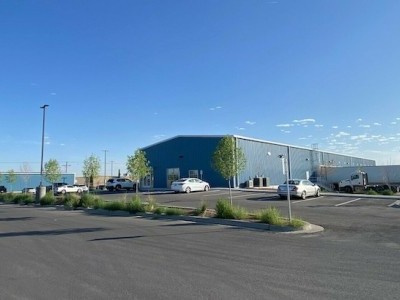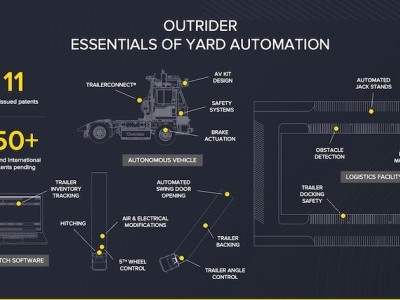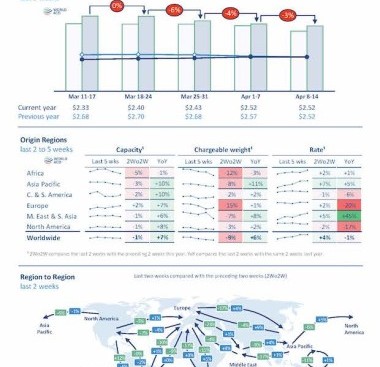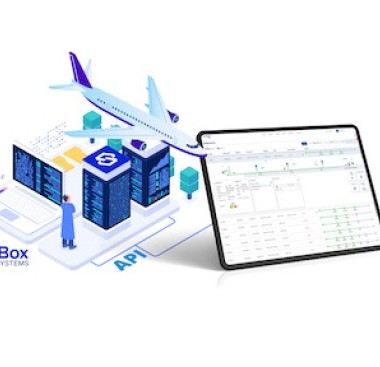NMFTA’s Digital LTL Council announces eBOL 2.1: A milestone update to digitize the LTL shipment lifecycle
The National Motor Freight Traffic Association’s (NMFTA) Digital LTL Council announced today the release of eBOL 2.1. The latest update to the established electronic bill of lading (eBOL) standard was created by the Council in response to industry feedback and is designed to further drive their initiative to digitize the entire LTL shipment lifecycle over the next several years.
“There are many benefits to having a digitized and standardized electronic bill of lading,” said Paul Dugent, executive director of the Council at NMFTA. “The information submitted to the carrier is more accurate due to it being transmitted in an electronic, standardized, digitized format for the shipper. Typically, a carrier receiving a paper bill of lading would manually enter it into their system, which may lead to errors. These errors can appear as misroutes and create additional challenges for the entire supply chain cycle, such as the customer receiving their freight late.”
As for eBOL 2.1, all changes are completely compatible with the existing versions already downloaded and implemented by most of the industry. Critical issues that were made known to the Council by users have been addressed, such as:
• New HTTP methods that add the ability to update or delete eBOL data using the relevant PRO number as the key identifier.
• The expansion of the existing generic limited access locations by adding more specific limited access types.
• The addition of nine-digit postal codes as a valid format.
• The addition of a new “scac” attribute that can be used to return a four-digit Standard Carrier Alpha Code™ (SCAC®).
• The addition of the optional attribute “Weight Unit” to several objects that were missing them, and more.
While these are only a small sample of the changes, the Council is committed to working with the industry to create the most user-friendly, thorough, comprehensive standards that will help every supply chain sector operate more effectively, efficiently, and succinctly.
To date, dozens of industry leaders have adopted the new standard. View the list of organizations here.
To learn more about how your company can adopt the eBOL standard, access future API instructions, or to get involved in workshops and initiatives, visit our Digital LTL Council webpage.
Similar Stories
Overhaul unites supply chain leaders with new partner Ecosystem program to combat global cargo theft
Overhaul, a global leader in active supply chain risk management and intelligence, safeguarding shippers and 3PLs against theft, delays, damage, and spoilage during transit, unveiled its Partner Ecosystem today.
View Article
Realterm acquires 22-door truck terminal on 8.5 acres in El Paso, Texas
View Article
Outrider granted 11th U.S. patent for its AI-powered autonomous system
View ArticleAST Networks strengthens maritime IoT solutions portfolio with acquisition of Reygar Ltd.
AST Networks, a leading provider of land and maritime communication technology and remote connectivity solutions, expands its ecosystem further through the acquisition of Reygar Ltd, an award-winning provider of fully…
View ArticleIntelliShift wins second consecutive Stevie® Sales & Customer Service Award (2024)
IntelliShift, the connected fleet intelligence platform for safety and operations teams, today announced its second consecutive Stevie Award honor, this time as a 2024 Bronze Stevie® Sales & Customer Service…
View Article
Biden advances plan to make US freight shipping carbon-free
View ArticleGet the most up-to-date trending news!
SubscribeIndustry updates and weekly newsletter direct to your inbox!





